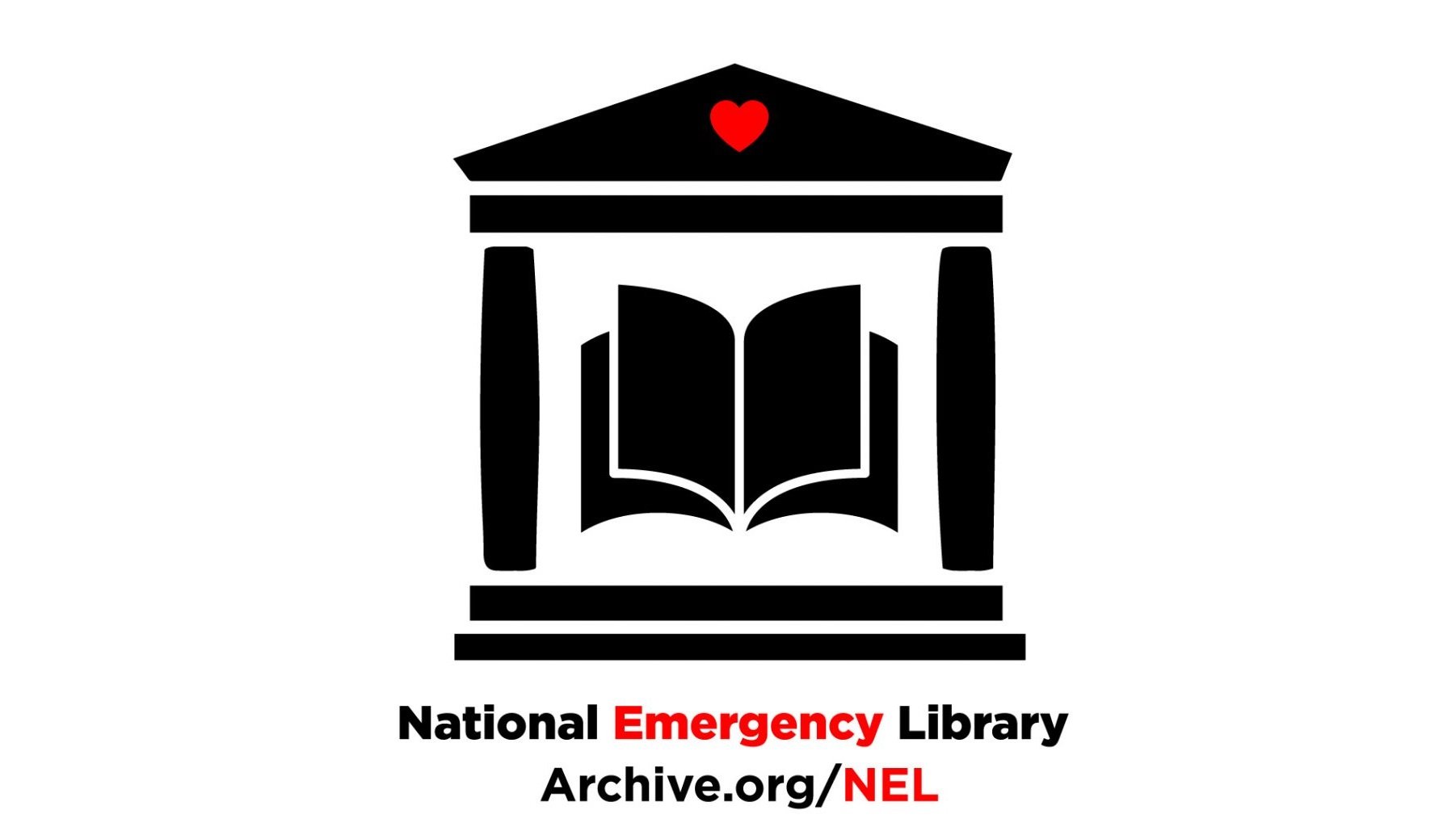Four publishers sued the Internet Archive and the agency ended the National Emergency Library program earlier than planned, the agency said in a blog post.
The "emergency" program began in March, providing free access to 1,4 million books to people who couldn't get to classrooms or libraries during the pandemic. coronavirus and the lockdown that followed.
The Emergency Library is part of the Open Libraries initiative, in which the Internet Archive scans library books, allowing digital "check-outs" through a waiting list. However, the Emergency Library (Emergency Library) stopped using the waiting lists and made the scanned books available directly to the public.
The intention was to keep the Emergency Library open until June 30. But on June 1, publishers Hachette, Penguin Random House, Wiley and HarperCollins sued the Internet Archive for copyright infringement. The Authors Guild Reported in March that the Internet Archive was “acting as website piracy" which infringes the rights of authors for their works.
"We stopped our program because last Monday, four publishers chose to sue the Internet Archive during a global pandemic," said Brewster Kahle of the Internet Archive.
The Internet Archive doesn't completely stop it on-line lending program, but is likely returning to the controlled list digital lending model it used before, according to the post in the blog.
It was not known until Sunday whether the closure of the Emergency Library would force publishers to terminate the lawsuit.





